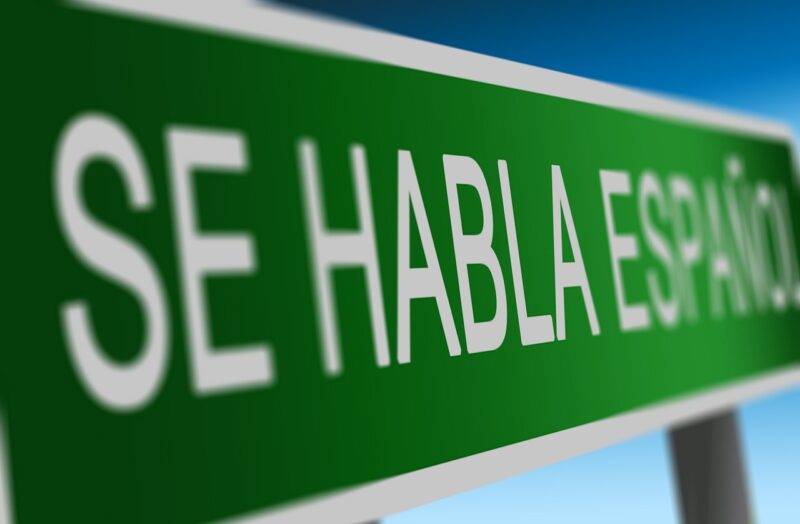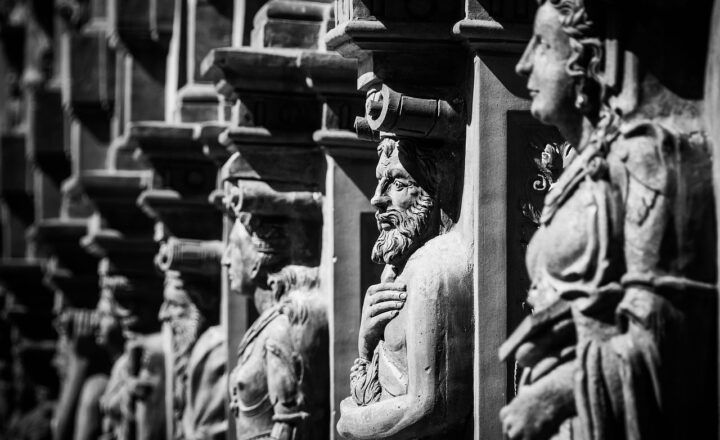
The Spanish Inquisition is one of the most notorious and controversial institutions in history, often associated with extreme intolerance, cruelty, and the suppression of dissent during an age of enlightenment and discovery. Established in 1478, the Inquisition sought to maintain Catholic orthodoxy in Spain and eliminate any perceived threats to the faith, resulting in widespread persecution and terror. In this article, we will delve into the origins, procedures, effects, and legacy of the Spanish Inquisition, uncovering the truths behind its dark reputation.
1. Origins of the Spanish Inquisition
The Spanish Inquisition was conceived during a time of significant religious turmoil in Europe. Following the Reconquista, the Christian conquest of the Iberian Peninsula from Muslim rule, Spain saw an influx of converted Jews and Muslims. The Catholic monarchs Ferdinand II of Aragon and Isabella I of Castile were particularly concerned about these converts, who were often suspected of secretly practicing their former faith.
In 1478, Ferdinand and Isabella sought papal approval to establish a form of Inquisition to investigate conversos (converted Jews) for heresy. Pope Sixtus IV granted them the right to appoint inquisitors, leading to the formal establishment of the Spanish Inquisition.
2. Procedures of the Inquisition
The procedures of the Spanish Inquisition were defined by secrecy and brutality. Once suspected, individuals were summoned to court, but many were arrested without a trial or the means to defend themselves. The inquisitors employed various interrogation techniques, including psychological manipulation, torture, and imprisonment.
Key steps in the Inquisition process included:
- Arrest and Detention: Individuals called for questioning often faced immediate detention, kept in inhumane conditions where torture was commonplace.
- Interrogation and Torture: Torture was widespread and employed to extract confessions. Various methods, such as the rack and waterboarding, were used extensively.
- Trials and Sentences: Trials were notoriously unfair. Defendants had no legal representation and often faced accusations based solely on hearsay, resulting in harsh sentences, including execution, imprisonment, or public penance.
- Auto-da-fé: The ‘act of faith’ was a public spectacle where sentences were carried out, often involving burning at the stake, intended to serve both punishment and a deterrent to others.
3. The Impact on Spanish Society
The Spanish Inquisition had profound impacts on Spanish society, religion, and the broader European landscape. It instilled a pervasive atmosphere of fear and mistrust, where neighbors suspected each other, leading to false accusations and a culture of silence. The Inquisition also marginalized not only Jews and Muslims but also Protestants, intellectuals, and anyone challenging the rigid orthodoxy of the time.
The Inquisition’s activities had a chilling effect on art, literature, and science in Spain. Many artists and thinkers fled the country or practiced self-censorship to avoid scrutiny. Consequently, Spain lagged behind other European nations during the Renaissance.
4. The Decline and Abolition of the Inquisition
Over the centuries, the Spanish Inquisition began to lose its power and relevance. By the late 18th century, Enlightenment ideas called for individual rights, religious tolerance, and scientific understanding began to flourish. The Inquisition faced increasing scrutiny from both the public and the burgeoning intellectual class.
The final blow to the Spanish Inquisition came in the early 19th century. In 1808, following the Peninsular War and the invasion of Spain by French troops, the Inquisition was formally abolished. It was briefly reinstated but eventually ceased operations in 1834, marking the end of one of the darkest chapters in European history.
5. Legacy and Modern Reflections
The legacy of the Spanish Inquisition continues to resonate today. It serves as a stark reminder of the dangers of religious fanaticism, intolerance, and the consequences of unchecked power. Scholars and historians analyze the Inquisition’s impact not only in Spain but across Europe, recognizing it as a catalyst for the eventual movements towards freedom of belief and human rights.
Today, the term ‘Inquisition’ often evokes a sense of unjust persecution and limits on personal liberties, fueling discussions on the importance of tolerance and understanding in diverse societies.
Conclusion
The Spanish Inquisition represents a complex tapestry of power, faith, and fear that shaped modern Spain and the historical landscape of Europe. Understanding this period encourages reflection on the importance of tolerance and the celebration of human rights amid our diverse world. Education about such dark narratives is essential to prevent history from repeating itself, fostering a future where understanding and acceptance prevail over fear and hatred.







